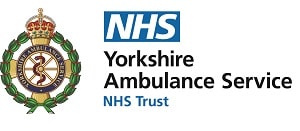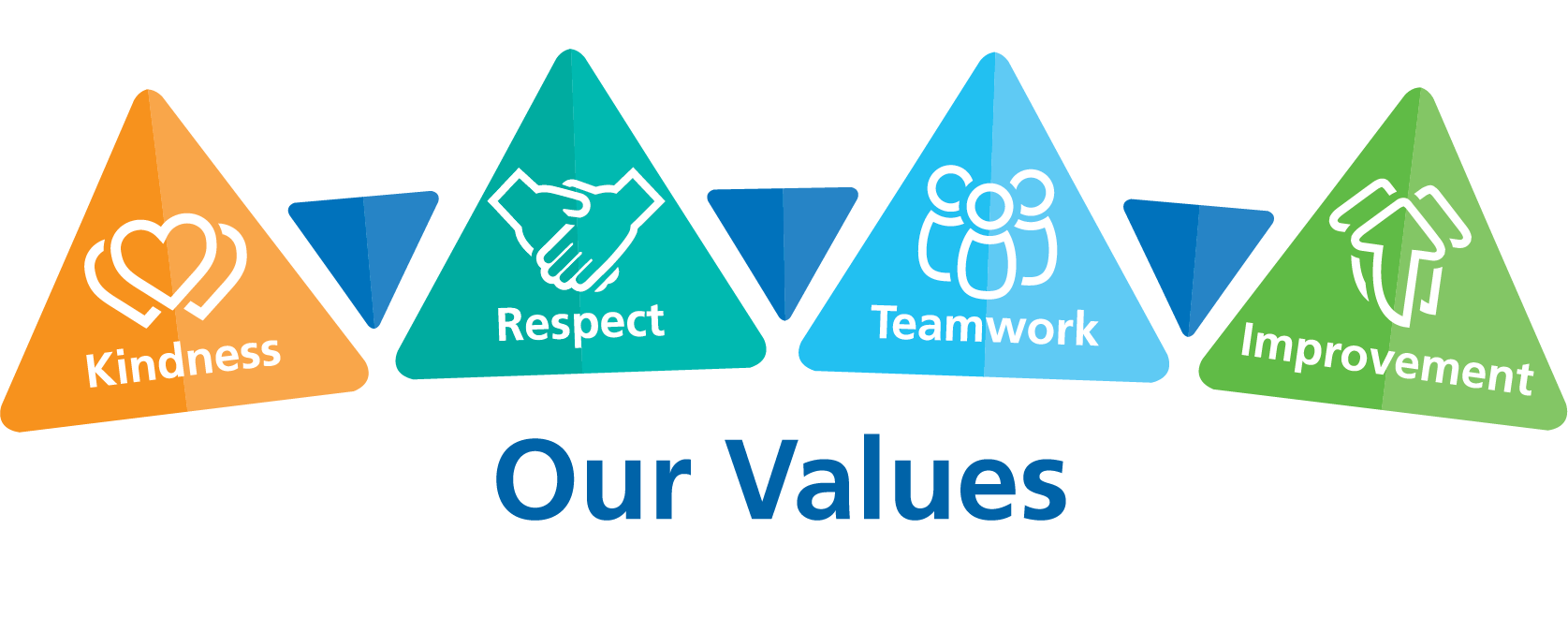Making caring visible and valued during Carers Week (7-13 June 2021)
04 June 2021

We are proud to sign up to John’s Campaign to support the key role of carers when we are providing person-centred care.
The campaign wants carers of those with dementia to have the same rights as parents of ill children and be able to accompany their loved one to hospital. Their message is simple: no one should enforce disconnection between family carers and those who need their expert knowledge and love.
Our commitment is to:
- Understand and support the key role of carers.
- Listen to carers and involve them when providing person-centred care.
- Allow carers to travel to hospital where necessary to support the person needing care.
- Support staff who have caring responsibilities.
The importance of carers to ensure their thoughts and opinions are considered when making decisions about a patient and their care will be included in training for patient-facing staff. We are also involving carers in engagement work to improve the care we provide.
Laura Williams, Dementia Project Co-ordinator, said: “Carers hold a wealth of information about a patient’s medical history, anything that may cause challenge, and their likes and dislikes. This information can be vital, especially when taking a patient from their home, where they feel safe, into the back of an ambulance. That one action can create anxiety, fear or agitation. It is important to remember these behaviours are due to an unmet need. Holding a hand, playing some music or talking about something from the past could be all it takes to change that experience from fear to content.”
It is estimated that one in three NHS staff juggle work with caring responsibilities at home. Staff and volunteers who have caring responsibilities are invited to join a new Carer Support Group which will be launched on 7 September.
As part of Carers Week, some of our staff have been sharing their personal stories about caring for a loved one.
Warren Bostock, Community Defibrillation Officer
Our son Daniel was born in November 2016 and due to complications at birth he suffered severe brain damage which has left him with quadriplegic cerebral palsy, epilepsy and numerous other complex needs. Daniel spends a lot of time in and out of hospital due to infections and routine operations. He is classed as life-limited, so we do not know exactly how long we will have him in our lives, but we make the best of every day.
Daniel requires 24/7 care. We are lucky as we do have a fantastic team of carers who come in to help us during the week but then the rest of the time it’s up to me and his mum to share the care. Someone has to stay up over night with Daniel as his airway is unsafe and he is at risk of choking on his own secretions which means me and his mum are like passing ships in the night. Daniel is fed through a tube directly into his stomach and has a daily cocktail of medications which must be given at specific times, so this often dictates our day and limits what we can do.
Being a carer for Daniel is rewarding but challenging at the time, it is a constant balancing act! When he’s well, it’s okay but when he’s poorly it has a big impact on our lives. We can wake up in a morning, everything is fine and then by the evening he could be in hospital. I then need to work out a way to make sure my family is looked after and the support is in place whilst also making sure I turn up to work the next day. This is no easy task and often takes a lot of juggling, but I have always had support from my line manager and the rest of team.
My advice to other carers is to be kind to yourself! It’s easy to forget who you are and your own welfare. Do not feel bad for having some ‘me’ time when you can, go for that walk or simply just do nothing! Remember you are now the advocate for your loved one so do not be afraid to speak up on their behalf.
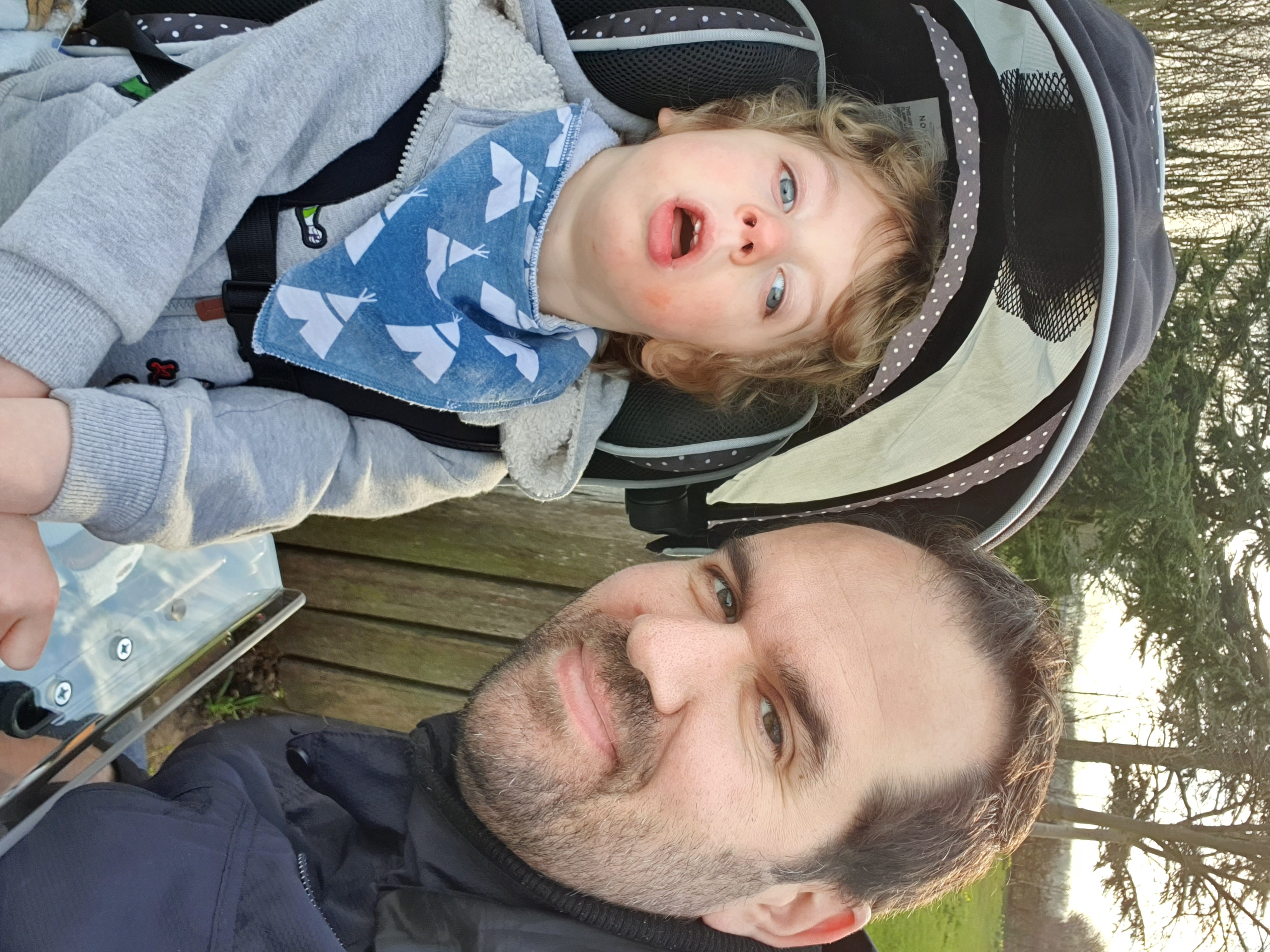
Joanne Lancaster, Diversity and Inclusion Advisor
Toby is age 14 and has Down’s Syndrome and multiple other health and medical conditions. He requires 24-hour care including ensuring all of his personal care, physical and emotional needs are met. Toby uses a wheelchair as he has lasting mobility issues from a stroke he had when he was younger. He also has a gastrostomy as he cannot tolerate liquids orally as he aspirates, so all his fluids and medications are given via this method.
Toby has such a beautiful soul, his joy in the ordinary is truly infectious and he captivates all who meet him. That said I think one of the biggest challenges of being a carer to a child is not just being able to be a parent. You have to be so much more - nurse, therapist, advocate and playmate. It is also difficult juggling being a full-time carer, having another child and working full-time. It has been especially difficult during the recent pandemic as Toby had to shield which meant that he has missed a lot of schooling this past 12 months. But we’ve been lucky that my partner Gareth’s work furloughed him to fulfil his caring responsibilities. It can be emotionally, mentally and physically draining at times; early morning wake-up calls, broken nights, minor illnesses that, for Toby, cause hospitalisation and some everyday situations when you constantly have to battle for service provision, inclusion and acceptance.
I would say the best advice I could give to other carers is to make sure you have time for you, whether that is to read a book, walk, jog, go for a cup of tea or a pamper, you need time out. And ask for help when you need it, don’t get to the point where it overwhelms you. Finally, be kind to yourself and remind yourself how amazing you are doing all you do to keep your loved one(s) safe, fulfilled and healthy.
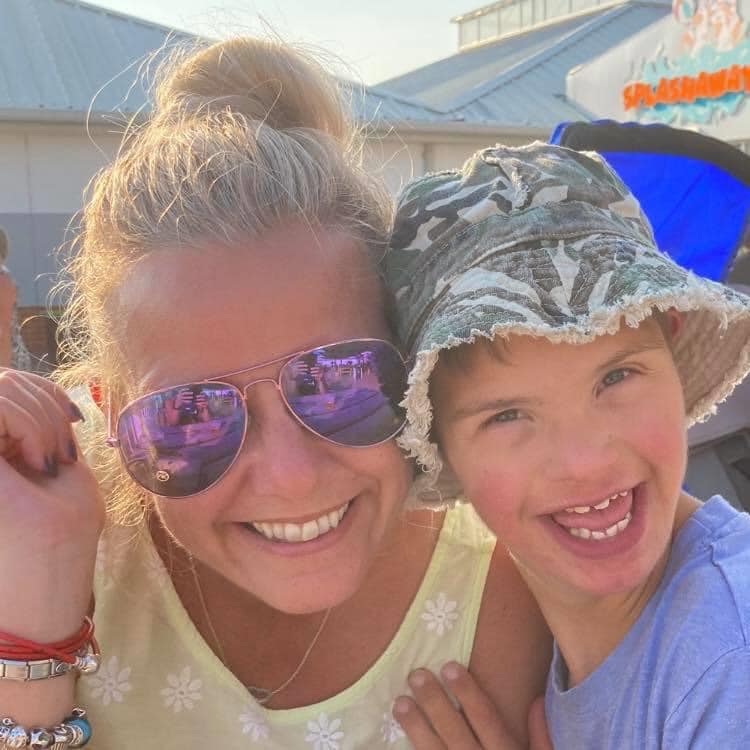
Karen Cooper, Project Manager
My Mum was diagnosed with dementia 12 years ago at the age of 66. She had not been retired from her job as a Care Home Manager for very long and had already had more than her fair share of health issues: breast cancer and subsequent mastectomy, a mild heart attack, a debilitating bout of shingles and COPD. Despite all this she was active, out-going and positive and carried on being a fantastic mum to me, my younger brother and sister and four grandchildren and a loving wife to my dad.
In the early days, mum’s dementia manifested with her repeating herself repeatedly and a gradual decline in her being able to do routine things like making a cup of tea and cooking as she just wasn’t safe. Despite being on medication, in 2012 she declined rapidly and myself and my husband moved house to be nearer in case we were needed at short notice. My dad, brother, sister and I provided care for her at home as she had become incontinent and immobile but eventually this took its toll on my dad’s health and he agreed to carers coming in to get mum up and put her to bed. Mum deteriorated even further and became violent (she is only 5ft tall and weighed about 7st but she could still pack a punch), so in May 2018, we took the very difficult decision as a family that mum needed 24/7 care and found a place in a care home that specialised in dementia care. Luckily it was about 100 yards from the family home so we were able to visit every day and take her home for lunch in a wheelchair.
Mum was settled and we were happy that she was being looked after; then COVID-19 hit and we could no longer visit. Together with making the decision for mum to go into the home, this was the most difficult challenge we faced. By this time mum didn’t recognise any of us and had lost the ability to speak and feed herself. Fast forward to March 2021 and I received a call from the care home manager to say that mum had deteriorated to such a point that she was bed bound and classed as ‘end of life’. The positive part of this meant me and my siblings were allowed to visit as often as we wanted (unfortunately my dad had passed away in June 2020 from cancer). My mum is now at peace having passed away in June.
My advice to other carers would be to learn all you can about dementia and accept any help that is available. Cherish your loved one and the memories you have.
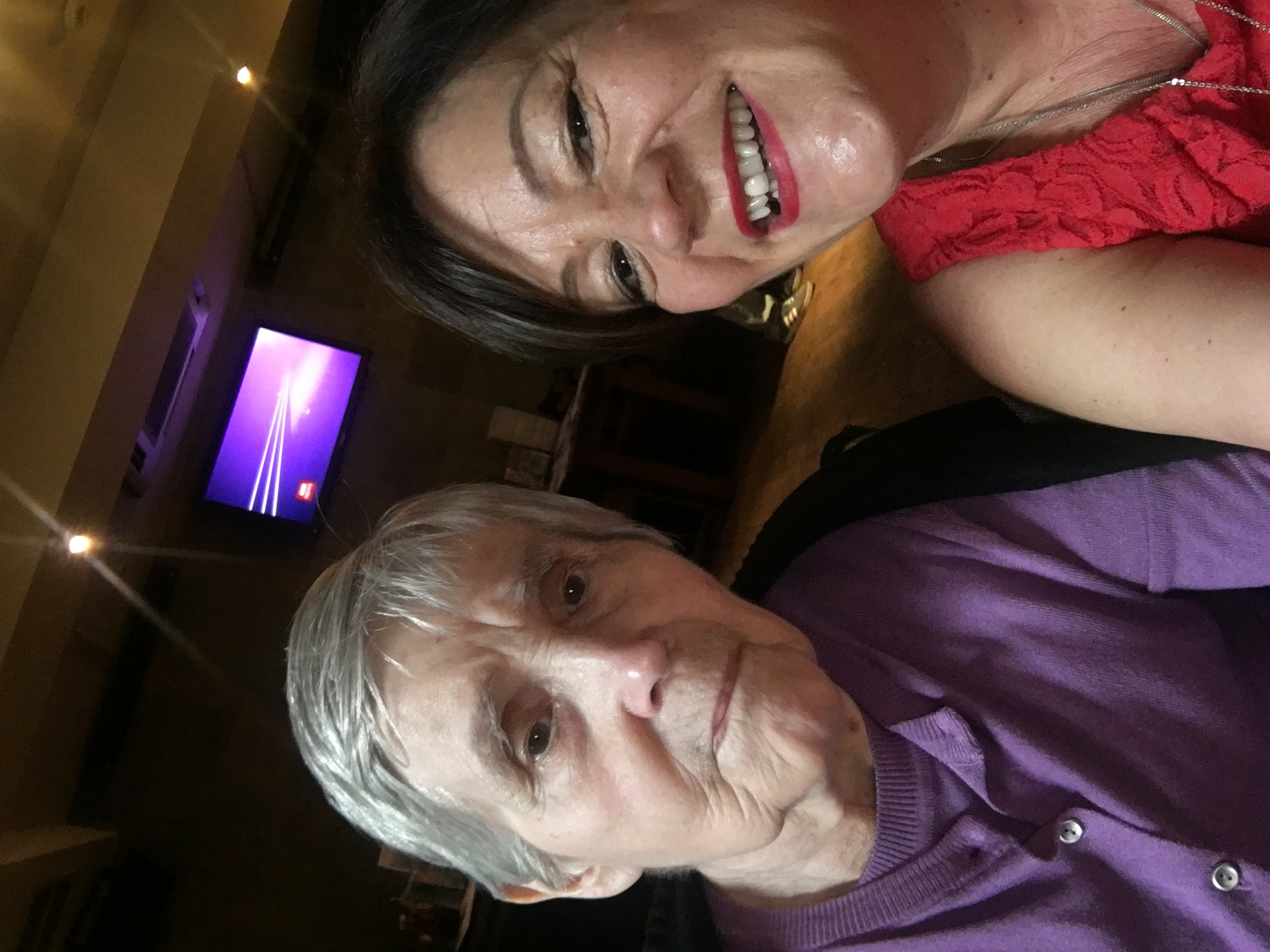
Produced by: Corporate Communications Department
